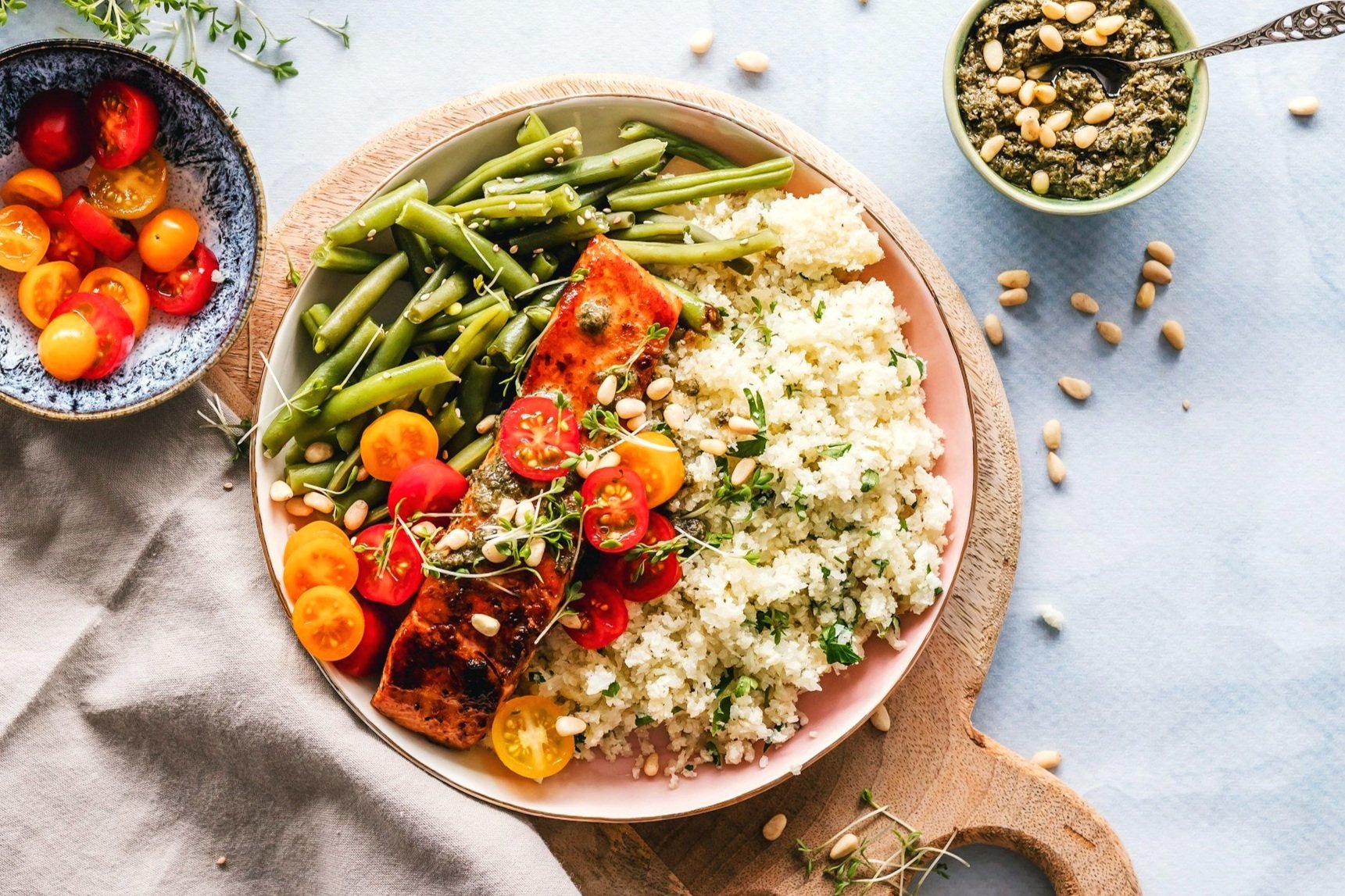The Power of Protein: Why You Need More Than You Think
Protein rich foods
Protein is often called the "building block" of the body, and for a good reason. It is an essential part of every meal, yet it’s often underestimated. Many people don’t realise how much their body depends on it to stay healthy, strong, and full of energy. In this post, we will explore why protein matters, how much you need, the best sources, and even how to incorporate it into your daily meals and snacks.
Why Protein Is So Important
Protein supports nearly every function in your body. Here’s why it’s so essential:
Strong muscles
Builds Stronger Muscles: Essential for muscle growth and strength, especially for active individuals or those healing from injuries.
Supports Muscle Recovery: Protein repairs muscle tissues after exercise or daily strain, aiding in faster recovery.
Supports Your Immune System: Antibodies, which help the body fight illness, are made from proteins.
Keeps You Feeling Full: Because it’s incredibly satisfying, it’s a game-changer for managing hunger and reducing cravings.
Improves Skin, Hair, and Nails: Protein plays a key role in tissue growth and repair, keeping your skin glowing and your hair and nails strong.
Protein
How Much Protein Do You Need?
The general recommendation is 0.8 grams per kilogram of body weight, but this varies:
If you’re active or aiming to build muscle, you may need 1.2–2 grams per kilogram.
For example, if you weigh 70 kg (154 lbs), aim for 56–140 grams daily, depending on your activity level.
Quinoa, salmon, and fresh vegetables
Best Sources of Protein
Incorporating a mix of animal and plant-based proteins ensures variety and balance.
Animal-Based Options
Animal Based Protein food
Eggs 🥚
Chicken and turkey
Fish like salmon or tuna 🐟
Dairy products such as Greek yoghurt, cottage cheese, and milk
Meal Idea: Grilled chicken with quinoa and roasted vegetables for a high-protein dinner.
Plant-Based Choices
Lentils, chickpeas, and black beans
Tofu, tempeh, and edamame
Nuts, seeds, and whole grains
Whole grains like quinoa and farro
Plant based protein food
Quick Tip: Add chia seeds to your morning smoothie for an extra protein boost.
Snack Idea: A handful of mixed nuts or a slice of whole-grain toast topped with almond butter.
Why Protein Shakes Are a Great Option
Protein shakes can be a quick and effective way to boost your protein intake. They’re ideal for:
Post-Workout Recovery: Protein shakes deliver amino acids to your muscles quickly, helping them repair and grow.
Managing Weight: A shake can serve as a satisfying meal replacement or snack, helping control hunger.
Boosting Energy: With added carbs and healthy fats, a shake can provide sustained energy for busy days.
Protein shake
Protein Shake Ideas
Classic Post-Workout: Protein powder, almond milk, a banana, and a handful of spinach.
Nutty Delight: Protein powder, peanut butter, oats, and cocoa powder for a creamy treat.
Tropical Bliss: Protein powder, frozen pineapple, coconut water, and Greek yoghurt for a refreshing shake.
What to Consider
Quality: Look for a protein powder with clean ingredients and minimal additives.
Balance: Add healthy fats (like nuts or avocado) and carbs (like fruit or oats) for a more complete meal.
Timing: Use shakes as part of your routine, like after workouts or as a quick breakfast.
Signs You Might Need More Protein
A tired man who lacks protein
Not getting enough protein can leave you feeling:
Tired: Without enough protein, energy levels can drop.
Weak: You might notice muscle loss or slower recovery after workouts.
Hungry: Protein keeps you full, so low intake may lead to constant cravings.
Simple Ways to Boost Your Protein Intake
Protein rich nuts
Start Your Day Right: A protein-packed breakfast like eggs with avocado and whole-grain toast is quick and nutritious.
Snack Smart: Grab a handful of almonds or a hard-boiled egg when hunger strikes.
Add Protein to Every Meal: Whether it’s tofu in your stir-fry or beans in your salad, aim to include some in every dish.
What Protein Does for Your Body
Protein isn’t just about muscles. It also helps with:
Healing Wounds: Essential for tissue repair.
Staying Energised: Keeps you going throughout the day.
Maintaining a Healthy Weight: Supports fat loss while preserving muscle mass.
Make Protein Part of Your Everyday Life
Adding enough protein to your diet doesn’t have to be complicated. Whether it’s a delicious plant-based dish, a lean meat option, or a convenient protein shake, there are countless ways to enjoy this essential nutrient.
Protein is key to feeling your best—stronger, more energised, and healthier.
What’s your favourite protein source or recipe? Share it with me!









